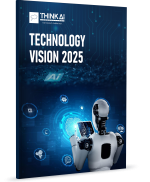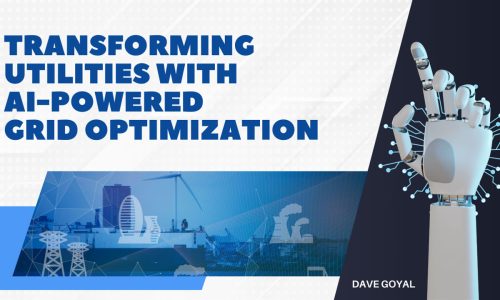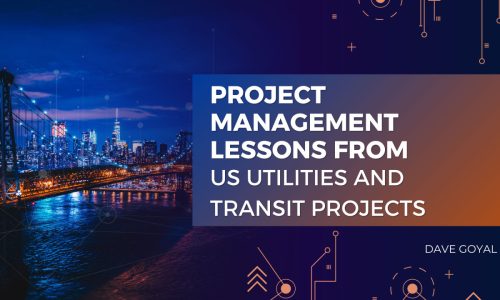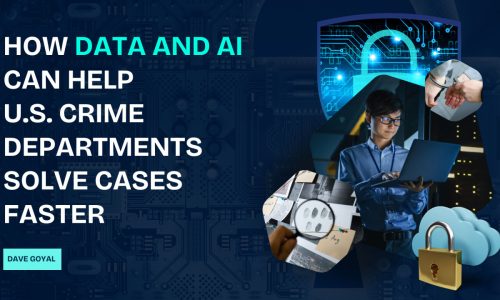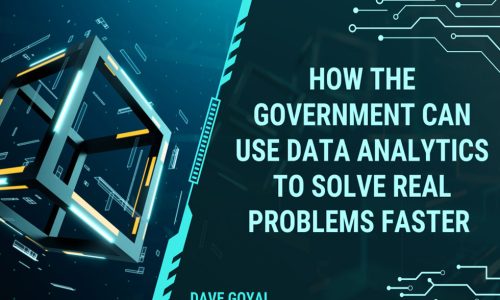Think Agentic AI
Public Sector
Transform Your Data Into Actionable Insights
Agentic AI involves intelligent agents – AI systems that can act autonomously on behalf of users or organizations. These agents don’t just analyze data; they can make decisions and execute tasks using AI, operating within set goals or rules.
In practice, an agentic AI might be a digital assistant that monitors events and takes action (for example, an AI that watches your inventory levels and automatically reorders stock, or a customer service bot that not only answers queries but can also initiate workflows to resolve an issue). Think AI helps businesses design and deploy these autonomous AI agents to automate complex workflows and augment their workforce.
Our expertise covers combining AI models with process automation – essentially giving your business processes a “brain” that can proactively respond and adapt. We ensure these AI agents are aligned with your objectives and constraints, so they act responsibly and effectively. Whether you’re a small business looking to offload routine tasks or a large enterprise aiming for an AI-driven automation across operations, we can build agentic AI solutions that drive efficiency 24/7.
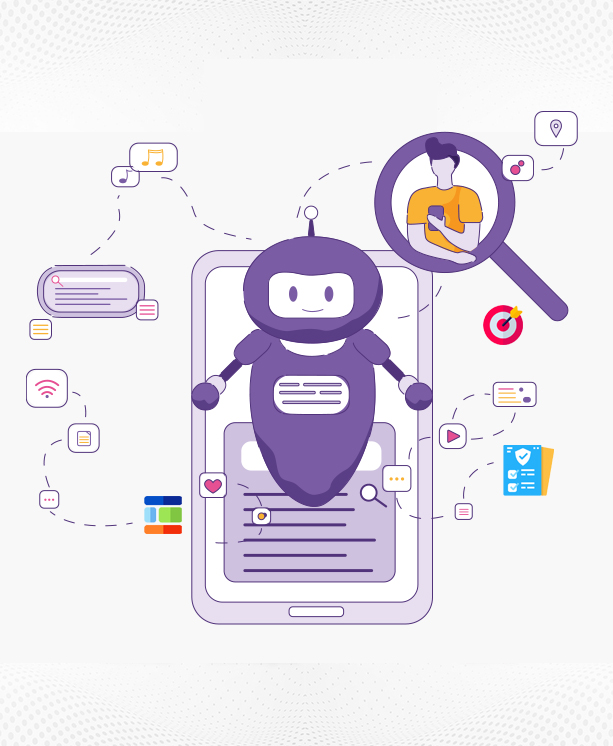
Key Benefits
Powerful Features to Drive Your Business Forward

Autonomous Task Execution
Intelligent agents can handle tasks end-to-end (e.g. scheduling meetings, processing form approvals, or triaging support tickets) without constant human oversight, freeing your team for higher-level work.

Adaptive Decision-Making
These agents leverage AI and your business rules to make informed decisions in real time, adjusting to changing data or conditions (for instance, re-routing a delivery based on traffic using AI predictions).

Always-On Service
Deploy AI agents across channels (chat, email, voice, or IoT devices) to provide continuous service – from answering customer inquiries after hours to monitoring systems and alerting/responding to issues immediately.
🚀 Think Generative AI Service Packages
Starter
Use Case Discovery
- Identify a high-impact, single process suitable for an AI agent (e.g. an FAQ bot or automated scheduling assistant).
Agent Development
- Create a basic intelligent agent using tools like Azure AI (Copilot, Bot Framework) to perform the targeted task autonomously within defined boundaries.
Integration Setup
- Connect the agent to one data source or application (for example, link a chatbot to your FAQ database or connect an agent to your calendar system).
Testing & Demo
- Deploy the agent in a test environment (such as a sandbox Teams channel or staging website) and demonstrate its autonomous capabilities, gathering initial feedback.
Pricing
Advanced
Multi-Agent or Multi-Task Solution
- Design and develop one or more AI agents that cover a broader set of tasks or a more complex workflow (e.g. an agent that handles employee IT support requests end-to-end, interacting with IT systems to reset passwords or create tickets).
Systems Integration
- Integrate agents with several data sources/APIs or enterprise systems (databases, CRM, ERP) so they can act contextually across platforms. Possibly combine with Power Automate flows or RPA for executing actions.
Enhanced Intelligence
- Implement advanced AI logic, such as natural language understanding for more open-ended interactions, or machine learning for decision policies so the agent can learn from outcomes.
Monitoring & Controls
- Set up an oversight dashboard to monitor agent actions and performance. Include fail-safes (human approval steps or notifications) for critical decisions.
User Training
- Train your staff on how to interact with and supervise these AI agents effectively (e.g. how to hand off tasks to the agent, and intervene if needed).
Pricing
Enterprise
Enterprise AI Workforce
- Deploy a fleet of AI agents across various departments or functions (such as finance, HR, customer service, operations), each specialized but centrally managed. For example, agents that handle invoice processing, customer onboarding, system monitoring, etc. all working in concert.
Centralized Orchestration
- Implement an agent orchestration platform that manages interactions between multiple agents and integrates with your existing enterprise IT infrastructure and data lakes. This includes robust identity and access management for agents acting on behalf of users.
Custom AI Development
- Develop highly customized AI logic for each agent, possibly including training domain-specific models (for instance, an NLP model that understands industry-specific terminology to make better decisions).
Governance & Compliance
- Establish comprehensive governance for autonomous AI – clear policies on what agents can and cannot do, compliance checks (audit logs of agent decisions/actions), and alignment with regulatory requirements.
Lifecycle Management
- Ongoing maintenance, model updates, and expansion of agent capabilities. Think AI will provide continuous support and optimization to ensure your agentic AI ecosystem evolves with your business needs.
Pricing
Our Blog
Tech-Driven Strategies for Achieving Net-Zero Emissions in US Federal Buildings
Transforming Utilities with AI-Powered Grid Optimization
Project Management Lessons from US Utilities and Transit Projects
How Data and AI Can Help U.S. Crime Departments Solve Cases Faster
Turning Data into Clean Cities: Where Analytics Works and Where It Falls Short
How the Government Can Use Data Analytics to Solve Real Problems Faster
FAQ's
Impedit egestas aliquet?
Lorem ipsum dolor sit amet, consectetur adipiscing elit. Ut elit tellus, luctus nec ullamcorper mattis, pulvinar dapibus leo.
Sapien class quo temporibus?
Lorem ipsum dolor sit amet, consectetur adipiscing elit. Ut elit tellus, luctus nec ullamcorper mattis, pulvinar dapibus leo.
Elementum voluptate sodales?
Lorem ipsum dolor sit amet, consectetur adipiscing elit. Ut elit tellus, luctus nec ullamcorper mattis, pulvinar dapibus leo.

